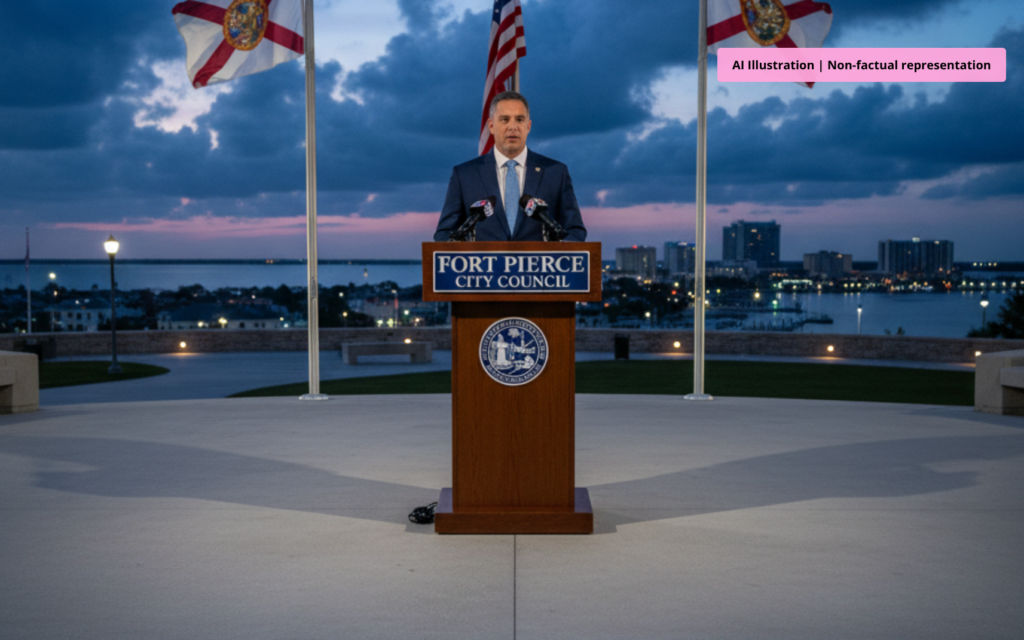Florida fluoride ban takes effect July 1, 2025, making it the second state in the nation to prohibit adding fluoride to public drinking water. This new law directly affects 97 water providers across 27 counties, changing the way millions of residents receive treated water.
Florida Fluoride Ban: Statewide Policy and Scope
The Florida fluoride ban prohibits water utilities from adding any substances, including fluoride, to public water supplies except for those strictly needed to meet basic drinking water standards. According to the new law, additives for health benefits, such as fluoride, are no longer permitted.
Utah was the first state to enact a similar policy, and Florida’s move marks a significant shift in public health regulation. State officials report that 97 water providers must now discontinue water fluoridation programs that have operated for decades.
Impact on Water Providers and Local Communities
The ban on fluoride in Florida’s public water systems will be implemented by water providers serving communities in 27 counties. These providers are required to stop adding fluoride, with only naturally occurring levels remaining in the water supply.
According to state water authorities, most groundwater in Florida contains about 0.14 parts per million (ppm) of fluoride. Before the ban, the recommended level for public health was 0.7 ppm, which experts considered optimal for preventing tooth decay.
Duval County Exception
Duval County is the only area in Florida where groundwater naturally contains approximately 0.7 ppm of fluoride. Residents in this county will continue to receive water with fluoride at the recommended level, but no additives will be used to achieve it.
History of Water Fluoridation in Florida
Community water fluoridation began in Florida in 1949. Over the years, the practice expanded as a public health measure to reduce dental cavities, especially among children and vulnerable populations.
The Centers for Disease Control and Prevention (CDC) and most dental organizations have long supported water fluoridation as a safe and effective way to prevent tooth decay. According to CDC guidance, optimal fluoride levels in drinking water help protect teeth throughout life.
Health Debates and Official Positions
Some state officials and local leaders have raised concerns about the potential health risks of fluoride, referencing studies that suggest possible neurotoxic effects at high exposure levels. However, these claims remain debated and are not widely accepted by mainstream health organizations.
The U.S. Food and Drug Administration (FDA) recently moved to remove ingestible fluoride supplements for children from the market. The Environmental Protection Agency (EPA) is also reviewing the health risks associated with fluoride in drinking water, according to official sources.
Dental Expert Warnings
Dental experts warn that ending water fluoridation could increase rates of tooth decay, especially among children, older adults, and low-income populations. These groups may have less access to dental care and fewer alternatives for fluoride exposure.
Studies estimate that a nationwide ban on water fluoridation could result in millions of additional cavities and billions of dollars in extra dental treatment costs, according to health policy analyses.
Public Health Response and Education Efforts
Local governments and health departments are planning public education campaigns to promote dental hygiene and encourage the use of alternative fluoride sources. These efforts include distributing information about fluoride toothpaste and professional dental treatments.
Officials report that these campaigns aim to reduce the risk of increased dental problems following the end of water fluoridation programs.
Broader Trends in Water Fluoridation Policy
The debate over water fluoridation in Florida reflects broader national and international trends. Several U.S. cities and some European countries have also discontinued water fluoridation in recent years, citing similar concerns and policy shifts.
According to public health officials, the full impact of Florida’s fluoride ban will become clearer over the next two to three years. Experts anticipate a rise in dental health problems among groups most vulnerable to tooth decay.
Frequently Asked Questions About Florida Fluoride Ban
What is the Florida fluoride ban?
The Florida fluoride ban is a statewide law that prohibits water providers from adding fluoride to public drinking water for health reasons. Only naturally occurring fluoride will remain in the water supply.
How much fluoride will be in Florida’s water after the ban?
Most Florida groundwater contains about 0.14 parts per million (ppm) of fluoride. Only Duval County will have about 0.7 ppm naturally, which matches the previously recommended level.
Are there any exceptions to the fluoride ban in Florida?
There are no exceptions for adding fluoride, but Duval County’s water will still have optimal fluoride levels because it occurs naturally in the local groundwater.
Can you still get fluoride for dental health in Florida?
Yes, residents can use fluoride toothpaste and receive fluoride treatments from dental professionals. Health departments are encouraging these options as alternatives to water fluoridation.
Where are retirement communities and active adult communities most affected by the fluoride ban?
Retirement communities and active adult communities in the 27 affected counties will no longer receive fluoridated water. These areas may see greater dental health impacts, especially among older adults.
































